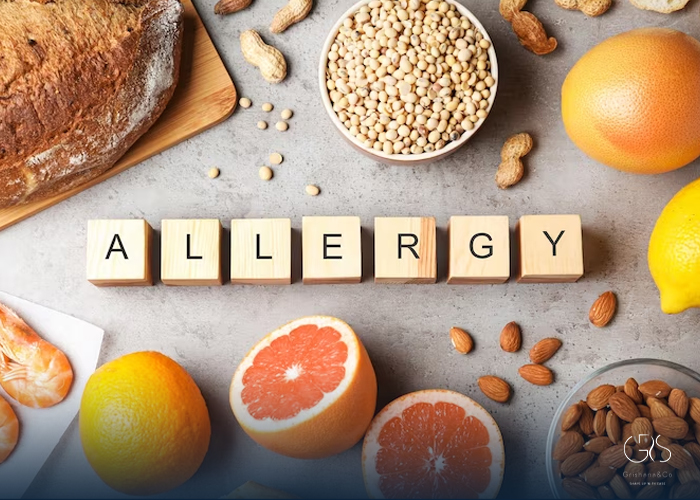Flatulence, a common bodily occurrence known as farting, can sometimes become excessive and disruptive to our daily lives. Experiencing frequent flatulence can be embarrassing and uncomfortable, leading many individuals to seek solutions to prevent or reduce it. In this article, we will explore the various factors responsible for excessive farting and provide valuable insights on managing and preventing flatulence.
The Causes of Excessive Flatulence
Several factors contribute to excessive farting, and understanding them is crucial in finding effective remedies.
1.Dietary Factors
Diet plays a significant role in flatulence. Certain foods, particularly those high in indigestible carbohydrates, can cause increased gas production within the digestive system. Beans, lentils, broccoli, cabbage, onions, and carbonated drinks are among the culprits that can lead to excessive flatulence .
2.Food Allergies and Intolerances
Food allergies and intolerances, such as lactose intolerance or gluten sensitivity, can contribute to excessive flatulence. These conditions prevent the proper digestion and absorption of certain components in food, resulting in increased gaseous byproducts .

3.Swallowing Air
Swallowing air, or aerophagia, is another common cause of excessive flatulence. Habits such as eating too quickly, chewing gum, drinking through a straw, or smoking can introduce excess air into the digestive system, leading to increased farting .

4.Digestive Disorders
Certain digestive disorders can result in excessive flatulence. Irritable bowel syndrome (IBS), an intestinal disorder that affects the digestive processes, can cause excessive gas production. Inflammatory bowel disease (IBD) and gastroenteritis are also known culprits of excessive flatulence due to the inflammation and disruption they cause in the digestive tract .
Prevention Tips for Excessive Flatulence
Preventing excessive flatulence involves a multifaceted approach that addresses the underlying causes. Here are some practical tips to consider:
1.Mindful Food Choices
Identify and limit your consumption of gas-producing foods. Keeping a food diary might help you pinpoint specific foods or ingredients that trigger excessive flatulence. Gradually reduce their intake or consider alternative cooking methods to make them easier to digest.
2.Manage Food Allergies and Intolerances
If you suspect you have a food allergy or intolerance, consulting a healthcare professional or allergist is paramount. Proper diagnosis and guidance will help you identify trigger foods and develop suitable alternatives for a well-balanced diet.
3.Slow Down and Chew Thoroughly
Eating at a leisurely pace and taking the time to chew food thoroughly can significantly alleviate excessive flatulence. Eating too quickly often leads to excess air swallowing, so adopting mindful eating habits is essential.

4.Probiotics and Digestive Enzymes
The use of probiotics and digestive enzyme supplements may help improve digestion and reduce excessive gas production in some individuals. Consult with a healthcare professional to determine if these supplements are appropriate for you.
Seeking Medical Advice
If excessive flatulence persists and negatively impacts your daily life or is accompanied by other concerning symptoms, it is advisable to seek medical advice. A healthcare professional can evaluate your situation, diagnose any underlying conditions, and recommend appropriate treatment options.
Conclusion
Excessive flatulence can be distressing, but with proper understanding and management, it is often possible to find relief. By identifying the causes and implementing preventive measures, individuals can reduce the discomfort associated with excessive flatulence and improve their overall quality of life.
Remember, everyone’s body is unique, and what works for one person may not work for another. It is essential to listen to your body’s signals and seek professional guidance when necessary.
Sources
- Mayo Clinic, Gas and Gas Pains
- Beyond Celiac, Celiac Disease Symptoms
- National Health Service UK, Excessive farting
- International Foundation for Gastrointestinal Disorders, About IBS
- Overview of Crohn's Disease, Overview of Crohn's Disease










